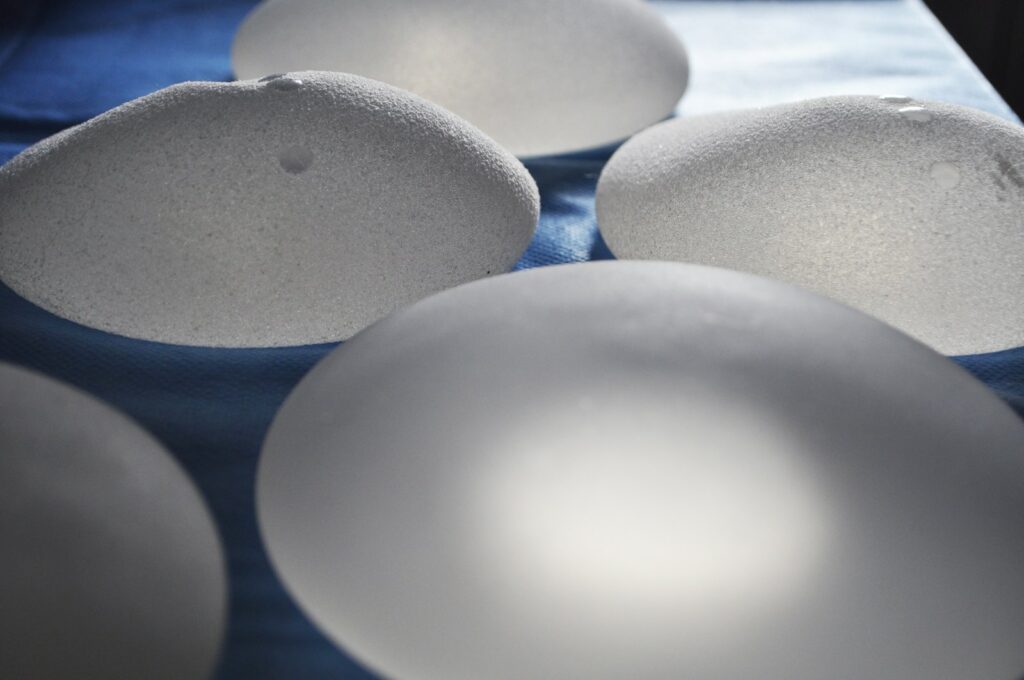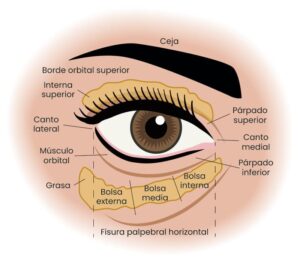If you’re considering a breast augmentation, it’s important to understand your options and what to expect.
You won’t face an increased risk of breast cancer with implants, and silicone implants have a proven safety record.
Recovery may involve some discomfort, but most people can resume light activities within two weeks.
Choosing the right size and shape is vital, so collaborate closely with your surgeon.
Remember, this journey can boost your confidence, but take the time to make informed choices.
As you go along, you’ll find more valuable information to aid your decision-making process.
Key Points
- Breast implants do not increase the risk of breast cancer; regular examinations are essential to maintain breast health.
- Recovery usually involves moderate pain, with light activities resumed in two weeks and intense exercise after six weeks.
- Choosing the right size and shape of implant is crucial; consult a surgeon and view options before deciding.
- Emotional benefits, such as increased confidence and self-esteem, are common results of breast augmentation.
- Open communication with your healthcare provider is vital to resolving any concerns and ensuring a successful experience.
Ten common questions about breast augmentation answered
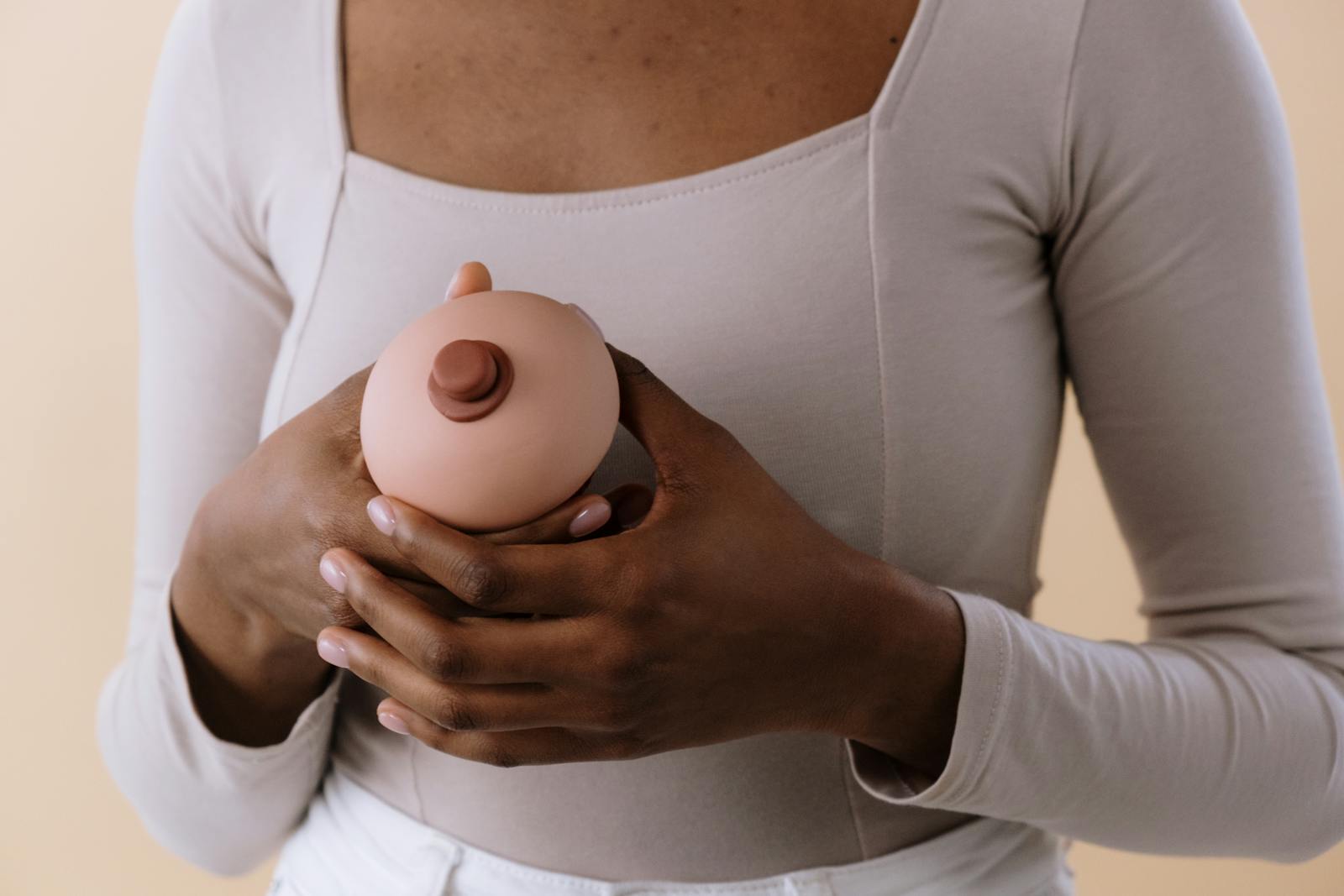

You may be wondering about common concerns, such as the safety of silicone implants or the best placement options.
The good news is that studies show that there is no increased risk of breast cancer with implants, and regular check-ups remain essential.
You can also seek clarification about silicone implants in relation to changes in sensation and aesthetic results.
Many women have doubts about breast augmentation related to timing, especially if they are planning a pregnancy.
Make sure you gather information about breast implant surgery and consult a certified surgeon who can answer your frequently asked questions about breast implants, ensuring that you feel confident in your choices.
Frequently Asked Questions about Breast Augmentation


You may wonder about recovery: expect some discomfort and swelling, but most find they can resume light activities in about two weeks.
Choosing the right implant size is essential; it’s often useful to visualize and try out different options.
Remember, your anatomy affects how the implants fit, so consult Dr. Turner about what’s right for you.
If you’re worried about healing, know that incisions generally heal well over time.
Finally, if you are planning to breastfeed, discuss your plans with your surgeon to ensure a smooth experience.
Your journey is unique, and we’re here to support you every step of the way.
Common questions about breast implants
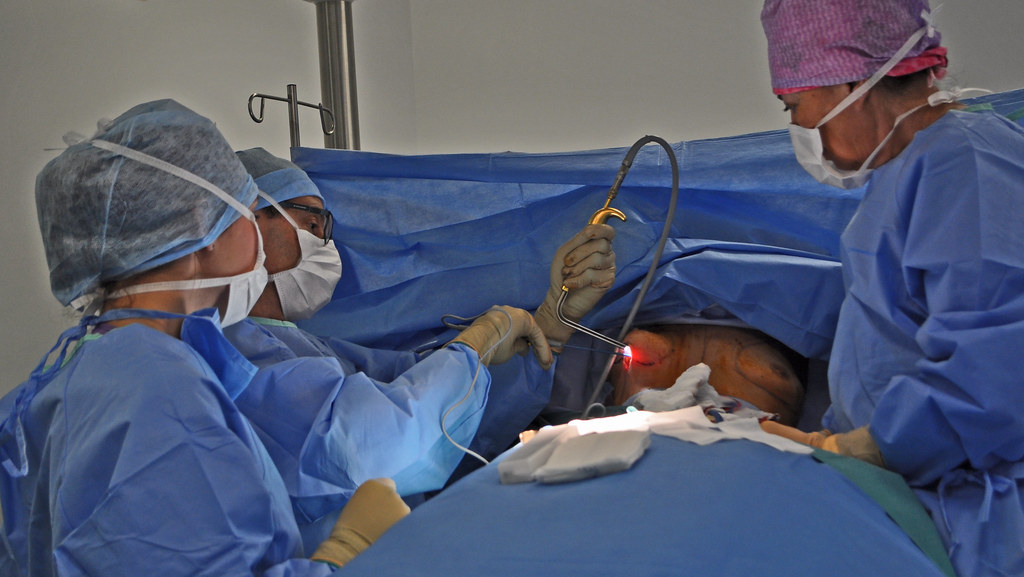

You may wonder about the safety and longevity of the implants.
Rest assured, silicone has been used safely since the 1950s and is well tolerated by most people.
It’s essential to choose the right volume and shape with your surgeon, who will help manage your expectations.
After surgery, you will need to follow specific care guidelines, such as wearing a supportive bra and avoiding intense activity for a while.
Remember, communication with your healthcare provider about any concerns is important.
Ultimately, this journey is about improving your freedom and confidence, so take the time to make informed choices that are right for you.
Breast Implants: Common Questions and Answers
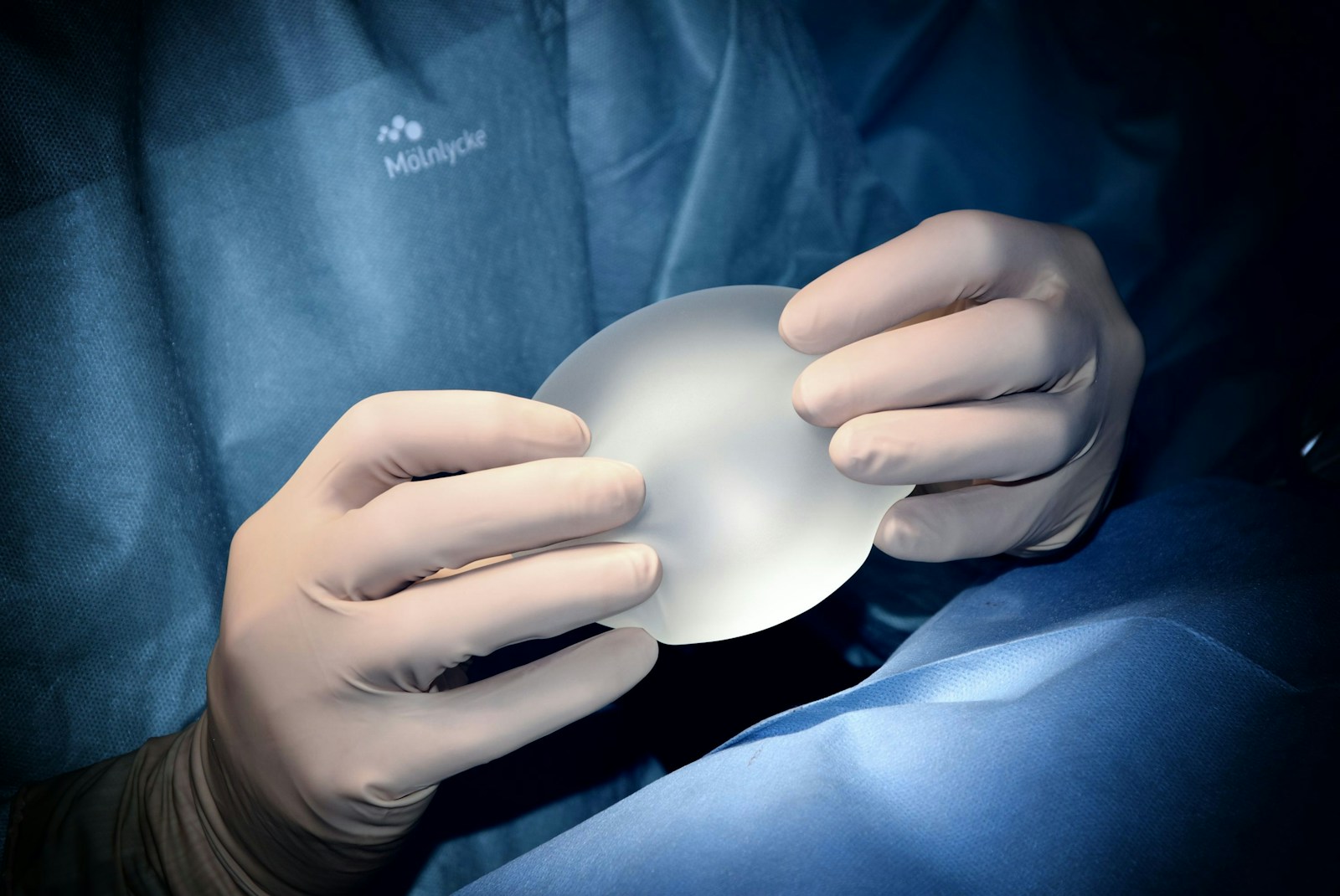

Understanding the basics can help you feel more empowered in your decision-making process.
Here are some common concerns: Question | Answer | Additional Information
- Do implants increase the risk of cancer? No, studies show that there is no increased risk.
Regular check-ups are still essential. - Can I breastfeed with implants? Yes, breastfeeding is generally not affected.
Discuss your plans with your surgeon. - What is recovery like? Expect moderate pain; most can return to work soon.
Avoid intense exercise for 6 weeks.
It is crucial to consult your surgeon to resolve any specific concerns and ensure that you are making the best choice for your body.
You deserve to feel confident in your decision!
Frequently Asked Questions about Breast Augmentation | Expectations and Considerations
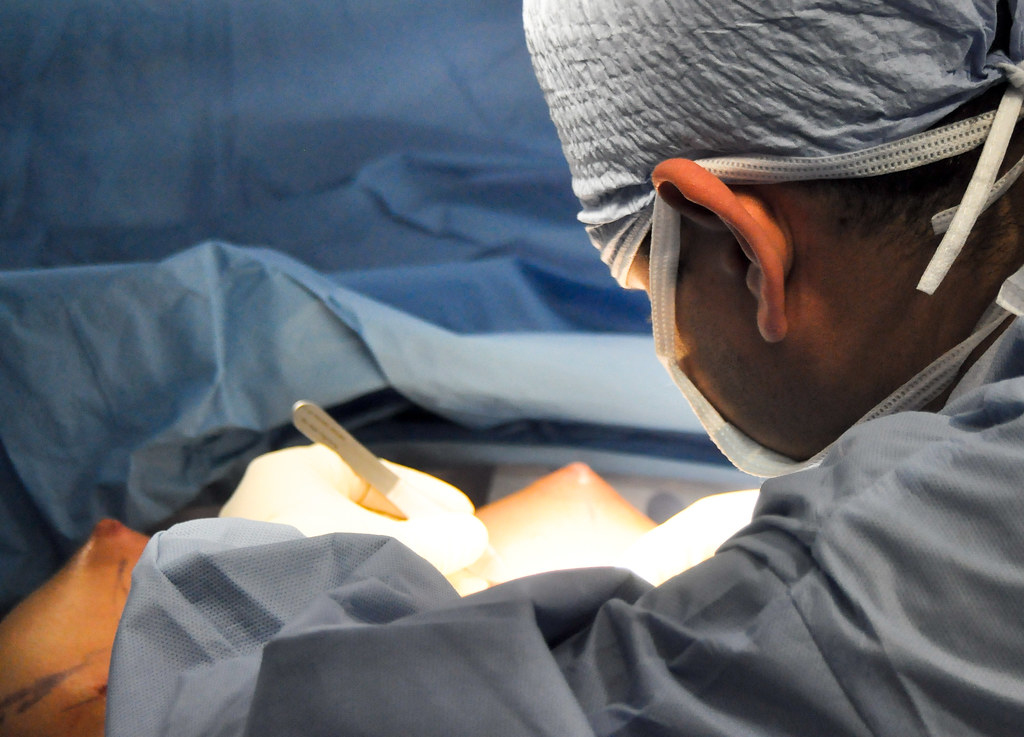

Here are some important considerations:
- The consultation is essential: Discuss your goals and concerns with your surgeon.
- Recovery varies: Expect some discomfort and swelling; start with light activities initially.
- The choice of size matters: Work with your surgeon to find the right implant size.
- Future adjustments may be necessary: Age and severity can affect your results.
- Breastfeeding is generally safe: Most women can breastfeed after augmentation.
Breast augmentation can empower you and boost your confidence.
By understanding the procedure, recovery and future considerations, you can approach this journey with clarity and peace of mind.
You are not alone in this journey – support is always available.
Frequently Asked Questions
Can Breast Implants Affect Future Mammography Results?
Breast implants will not affect mammography results.
They don’t delay detection, and you can still have regular check-ups.
Always communicate with your healthcare provider about your implants to ensure proper monitoring and care.
What are the risks of implant rupture over time?
The risks of implant rupture are generally low, but can occur over time.
Regular consultations help to ensure that your implants remain intact.
Staying informed and discussing concerns with your surgeon supports your peace of mind and safety.
How Do Implants Impact Sensitivity During Breastfeeding?
Implants can affect sensitivity during breastfeeding, but many women report normal sensations.
It’s important to discuss your concerns with your surgeon, as they can help ensure proper placement and address any potential problems.
You’re not alone in this!
Are there any age restrictions for breast augmentation surgery?
There are no strict age restrictions for breast augmentation.
Many women in their 30s and 50s undergo the procedure successfully.
It is essential to consider timing, especially if pregnancy or breastfeeding are in your plans.
What types of implants are available for augmentation?
When considering implants, you have options such as saline and silicone.
Each type offers unique benefits, so discussing your preferences with your surgeon helps ensure you choose what’s right for you and your body.
